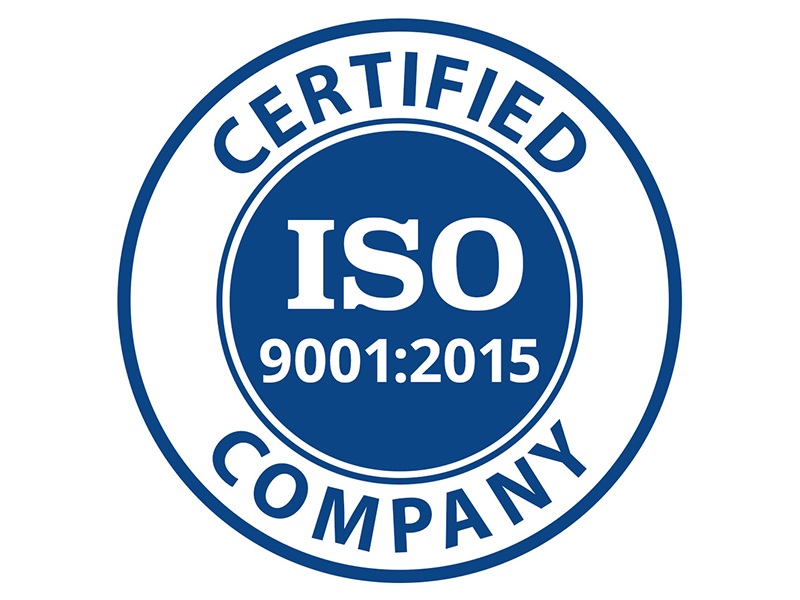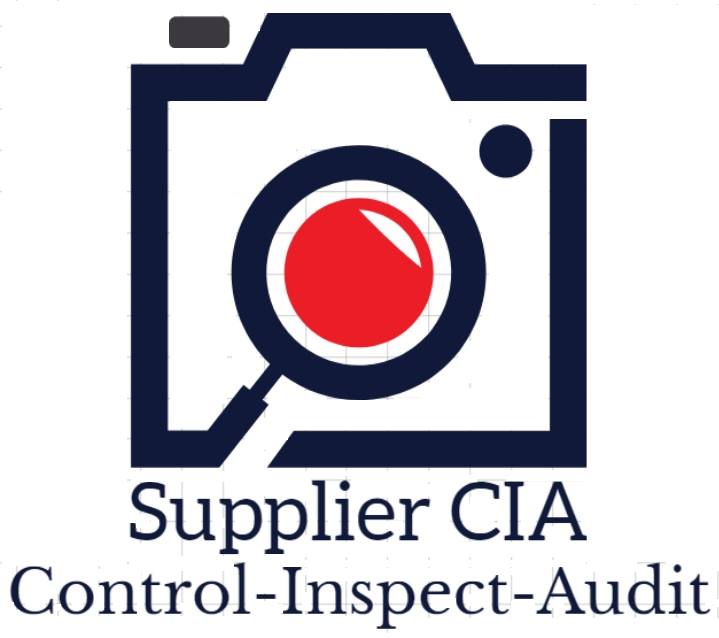A good implementation of ISO does help a manufacturer quite a bit, while a bad one will only create issues.

The purpose of the ISO standard is to “help businesses and organizations to be more efficient and improve customer satisfaction”. It reduces ‘audit fatigue’ — the need for a company to keep auditing all its suppliers and partners. Get audited once, comply with the standard, and get the certification.
Certified suppliers have a QMS is what a company puts in place to ensure it meets its customers’ requirements. Among others, it includes:
- Specific objectives, for example, keeping customer complaints below 1%
- A certain way of doing business and managing employees
- A certain setup of the processes involved in delivering products or services
- A set of procedures and training programs (to ensure employees know how they are supposed to do their job)
- A way of ensuring the equipment runs as expected and the gauges can be trusted
- Some type of system for managing long-lasting improvements
- Internal audits and management reviews to keep the whole system running
However many factories think “we would get more customers if we had that certificate”, so they go out and find templates and make it all look like it is alive in their company…
Drawbacks of getting contract with a true certified Supplier:
- Soccer teams can’t pick their own referees. A few companies are authorized to do this by the national governing bodies — they are the ‘registrars’ and the manufacturer chooses his own registrar.
- Scope of Certification; covering an entire business operation is not a must. A company can get certified only for part of its activities. Look at the ‘scope’, which is written on the certificate.
- An ISO registration is not ‘achieved forever’. The registrar is supposed to do surveillance audits and, after a few years, a formal re-audit.
- Fake Certificates, just like any paper there can be a strong temptation to fake it… and the risk is pretty low.
- Congratulations, you found an ISO compliant supplier. If you see their objective is to have few than 20% defectives in each batch, will you be pleased? Probably not…
It is possible to increase these items, but it only raises question marks in minds. The solution is easy; Send your own auditor to the factory or hire a trusted 3rd party auditor.

